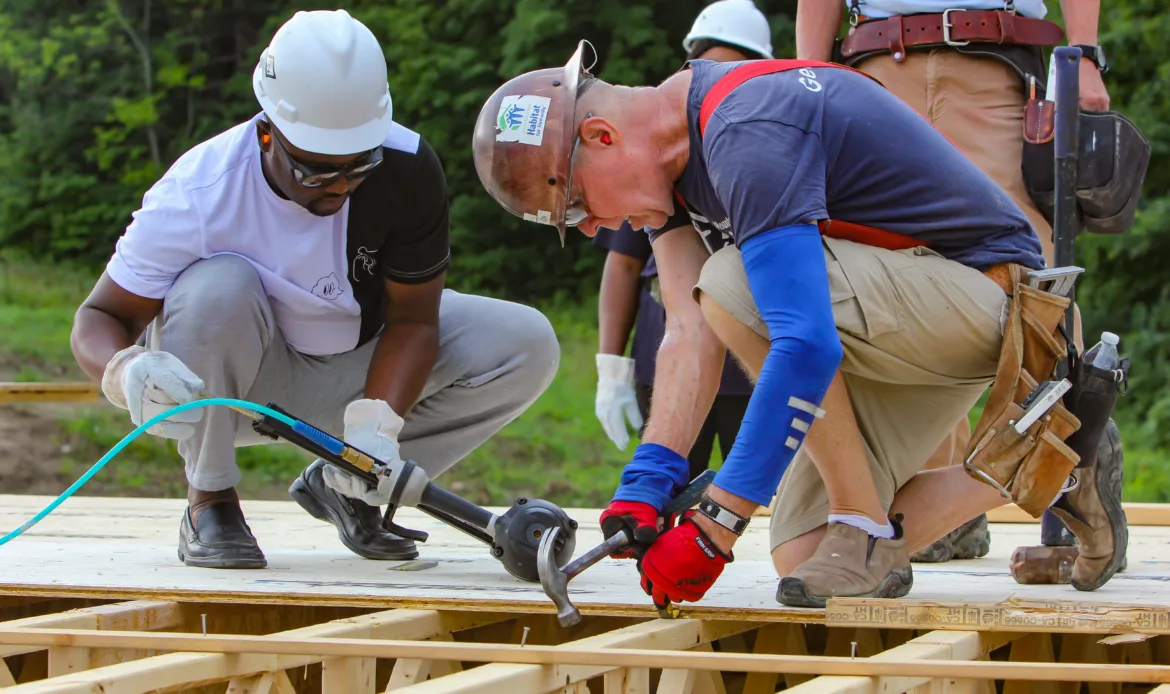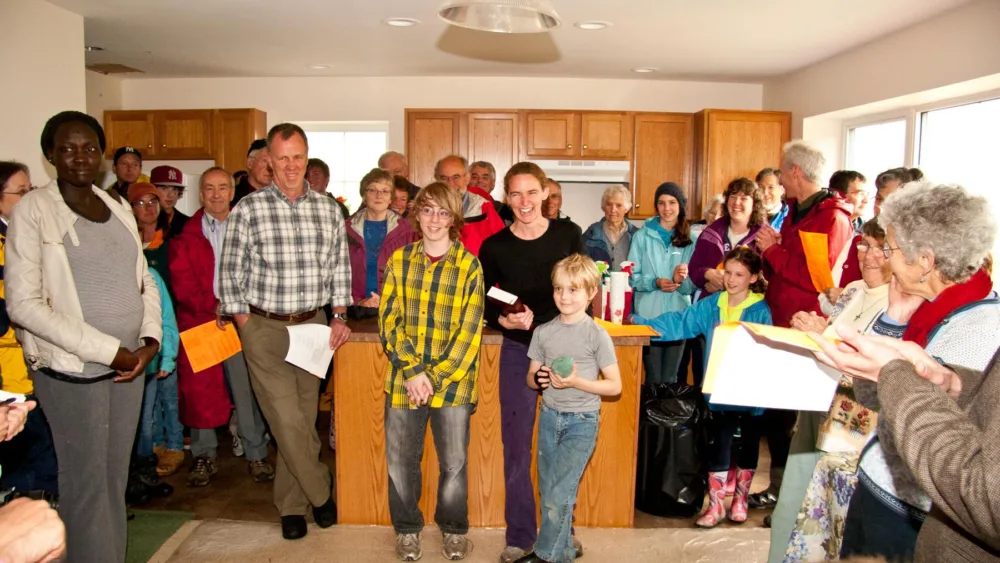Vermont is built on strong community ties, social capital, and civic engagement.
Civic engagement, whether through voting, attending public meetings, or writing elected officials, improves the representation of public opinion in political processes, optimizing the democratic process and providing voices to marginalized groups.
Particularly in Vermont, civic engagement is historically valued through the commitment to small town democracy. The state holds voting and community involvement to a high standard.
In a February 2023 press release about the creation of a new Education & Civic Engagement coordinator, Secretary of State Sarah Copeland Hanzas said, “Voting is a Constitutional right, and free elections are the foundation on which faith in government rests.”
“Examples of democracy in action exist around us every day. There are municipal meetings almost every night of the week, citizen petitions and calls to action on Front Porch Forum every day, and lawn signs every spring and fall for town meeting and elections,” she said.
Particularly for historically marginalized groups, addressing systematic inequalities can raise civic participation by upwards of 33%. Among both homeowners and renters, low-income households have lower levels of engagement in local democracy.
Renters face many more barriers to voting than homeowners. They are more likely to be lower-income, non-citizens, and they are less likely to be registered to vote if they are eligible. Homeowners have more of an incentive to vote in local elections because property taxes and other policies are more likely to impact them.
In 2020, 71% of homeowners voted, compared to only 55% of renters. Although the gap between renters and homeowners has been shrinking, gaps of around 15-20 percentage points still exist.
Residential stability is an important predictor of participating in local elections, though homeownership alone was also related to civic engagement, particularly in local elections and in community groups, after accounting for residential stability.
Renters move at about five times the rate of homeowners and stay in their residences on average one-quarter the duration of homeowners. Homeowners therefore have more opportunities to build social capital within their neighborhood and community.
Even after accounting for residential mobility, homeowners with low and moderate incomes have 21% more social connections that contribute to increased social capital compared with long-term renters in their neighborhood and greater community, regardless of how long they have owned their home.

A partner family works with volunteers on the construction of their home.
“Green Mountain Habitat provides homeowners with the stability that allows them to get involved in their children’s schools or participate in local elections,” said David Mullin, CEO of Green Mountain Habitat for Humanity. “We help our partner families build a foundation in their community so they can build financial and social capital.”
In a state with longstanding traditions such as Town Meeting Day, it is important that all Vermonters are empowered and able to participate in local elections and rely on their communities. Green Mountain Habitat homeowners are given the gift of community when they partner with us.
Sara, now a homeowner, was so thrilled with the sense of community and pride that comes with being part of the Green Mountain Habitat story.
“I’m a firm believer that everything happens for a reason and I’m glad I took a chance and applied, or I wouldn’t be here day. I’m so close to becoming a homeowner, empowered by the process, sweat equity, support and sense of community,” she said prior to moving into her home in Burlington.
Homeownership and stability can improve the entire community, in addition to that of the partner families. As families become more engaged and are represented in local governments and organizations, communities become more resilient and thrive.
To learn more about how housing impacts civic engagement, check out the evidence brief by Habitat for Humanity International.


[…] work impacts the health, education, environmental, social engagement, and financial outcomes of our partner families. But our impact goes beyond […]